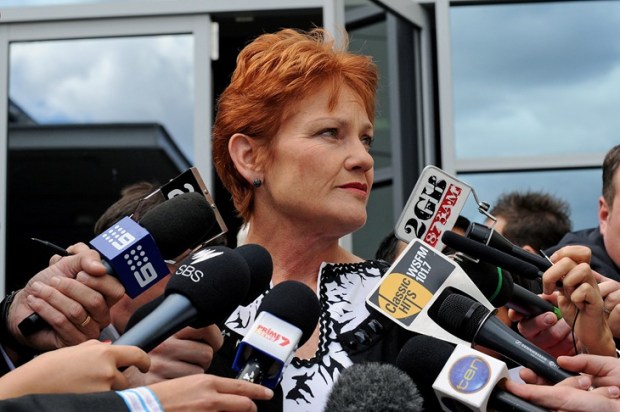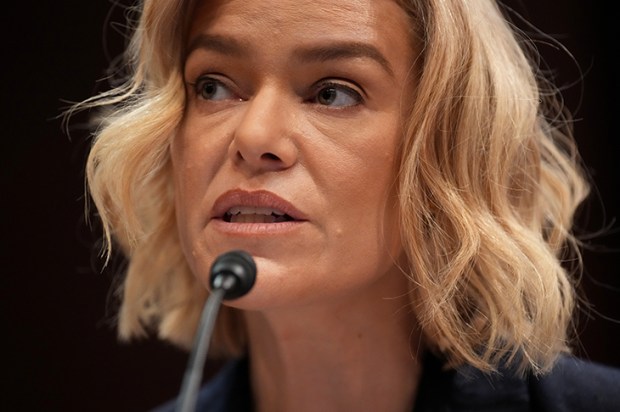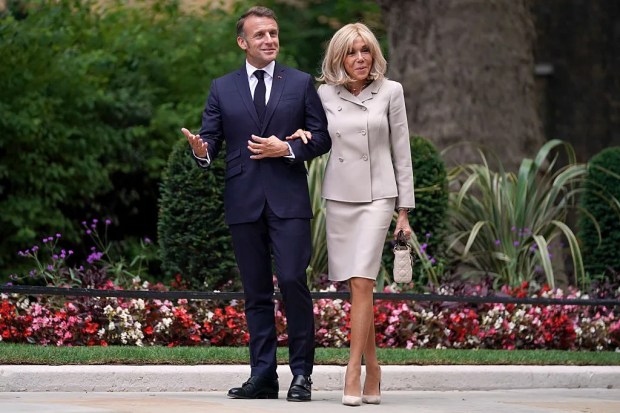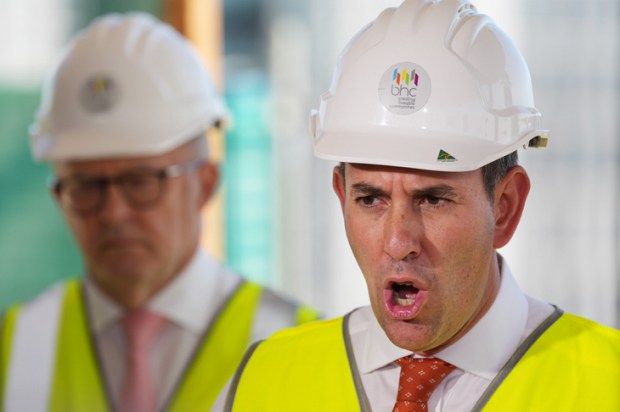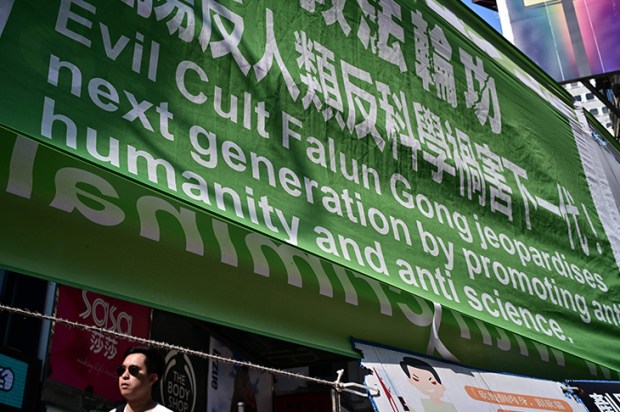The problem is not disinformation, Mr Ray Martin, it is that we have no information. Let me explain.
Over a month ago, I wrote to the Prime Minister. I thanked him for his willingness to serve our nation (my parents taught me that respect is important to give to everyone), then I asked him whether he is still intending to do what he said on the day he was elected: implement the Uluru Statement From the Heart in full including its stated Voice, Truth, and Treaty.
All I was asking was for a ‘yes’ or ‘no’ response and I gave no indication of how I was thinking of voting.
After four weeks, there was no response.
I wrote again, reminding his office that I had not heard anything in response to my simple question. I noted that the vote for the proposed Voice was only a couple of weeks hence. A week later received a reply from one of his minders, but it was thorough nonsense. It was a form-based letter in a ‘no-reply’ format that said the following (I have copied this from the original):
Looking at the issues you have raised, I would recommend the National Indigenous Australians Agency would be best placed to respond to you. To assist with that, we have referred your correspondence to the National Indigenous Australians Agency for their consideration.
This demonstrates that the Prime Minister, and/or his minders, will not answer the simple question of whether he intends to keep his word that he gave on the day of his election.
Surely that is a foretaste of what a constitutional Voice would be like with a Prime Minister like this… He will not answer for himself – he will defer to the agency, even when he is asked to explain his own words.
It is disgraceful. It makes a mockery of the integrity of speech. The Prime Minister clearly said what his intentions – nay, his commitments – were. He basked in the applause that followed. And when asked before a critical vote about our future, he refuses to confirm or deny his intentions.
This is basic information to know before voting. It helps understand the flow-on consequences if the Voice is successful. It either supports or diminishes the intent of the background meetings recorded in the ‘extra pages’ behind the one-page summary of the Uluru Statement. The spirit of those pages is clear – they are driven by a need for entrenched enmity. But we have seen a concerted effort to deny any connection between the summary page and the rest. This makes the Prime Minister’s intentions even more important to know, dare we say it, in full.
I am by no means alone in this information isolation. The Leader of the Opposition Peter Dutton asked very reasonable and practical questions about the proposed Voice, and received no answer. This was in spite of there not being the usual constitutional convention that would precede a referendum like this. That is the pattern of Labor so far. It offers no opportunity for mutual conversation, no opportunity for debate around draft legislation, and to complete the trifecta, no room to ask questions that garner anything like a sensible response.
The Prime Minister (and/or his minders) refuse to clarify the nature of what they are intending for our future. How can we know the consequences of voting? We can’t. We do not know, and we cannot know because of the communications failures of this Prime Minister.
Such behaviour is not worthy of the leader of our government. It reminds me of something I found confusing as a young boy. I had a Sunday school teacher who would teach us to say prayers of repentance, asking for forgiveness. His favourite phrase was, ‘Please forgive us our sins of commission and omission.’ The first I understood to mean that if I did something wrong, I needed to say sorry. But the ‘sin of omission’ thing was much harder to grasp at that young age.
Over time, I learned the meaning of the phrase. It was a noble endeavour that my old teacher undertook. He saw the need to encourage us to be mindful to do good beyond ourselves. To ignore the need of others, when we could do something to help, was not good enough. The story of the Good Samaritan was the highlight of this character-forming ethic. Here was an enemy of the hurt person reaching out to do good, regardless of the social expectations of the day.
It seems that some of our leaders missed out on these essential teachings. They routinely try and prove that they are not committing sins of commission by using the strategy that it is always someone else’s fault.
This example, of not giving a straight answer to a valid question, is a shameful illustration of this ethical blind spot.
So you see, Mr Martin, for those of us who do read, think, and enquire, not being able to know the future consequences of this referendum is because of the structurally restrictive context in which we find ourselves. The are roadblocks, obfuscations, denials, and sins of omission. Thus, we cannot know what we need to know.
We do not know because we cannot know. That is why we will vote no.







